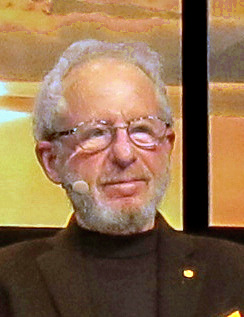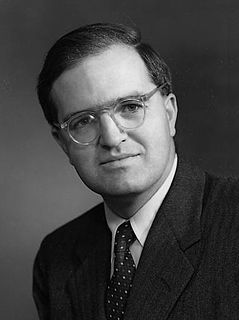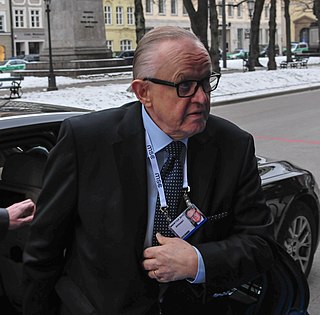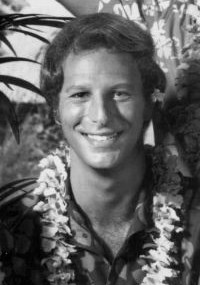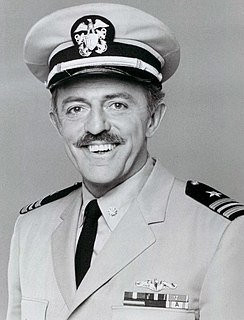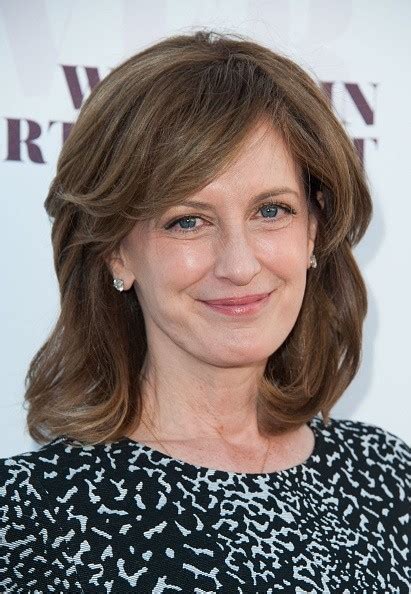A Quote by Alan J. Heeger
I started out as a physicist; however, I am what I have become. I have evolved, with the help of many colleagues in the international scientific community, into an interdisciplinary scientist.
Related Quotes
Both for my wife and myself, the personal friendships that have grown out of scientific contacts with colleagues from many different countries have been an important part of our lives, and the travels we have made together in connection with the world-wide scientific co-operation have given us rich treasures of experiences.
In addition to the social pressures from the scientific community there is also at work a very human trait of individual scientist. I call it the law of the instrument , and it may be formulated as follows: Give a small boy a hammer, and he will find that everything he encounters needs pounding. It comes as no particular surprise to discover that a scientist formulates problems in a way which requires for their solution just those techniques in which he himself is especially skilled.
